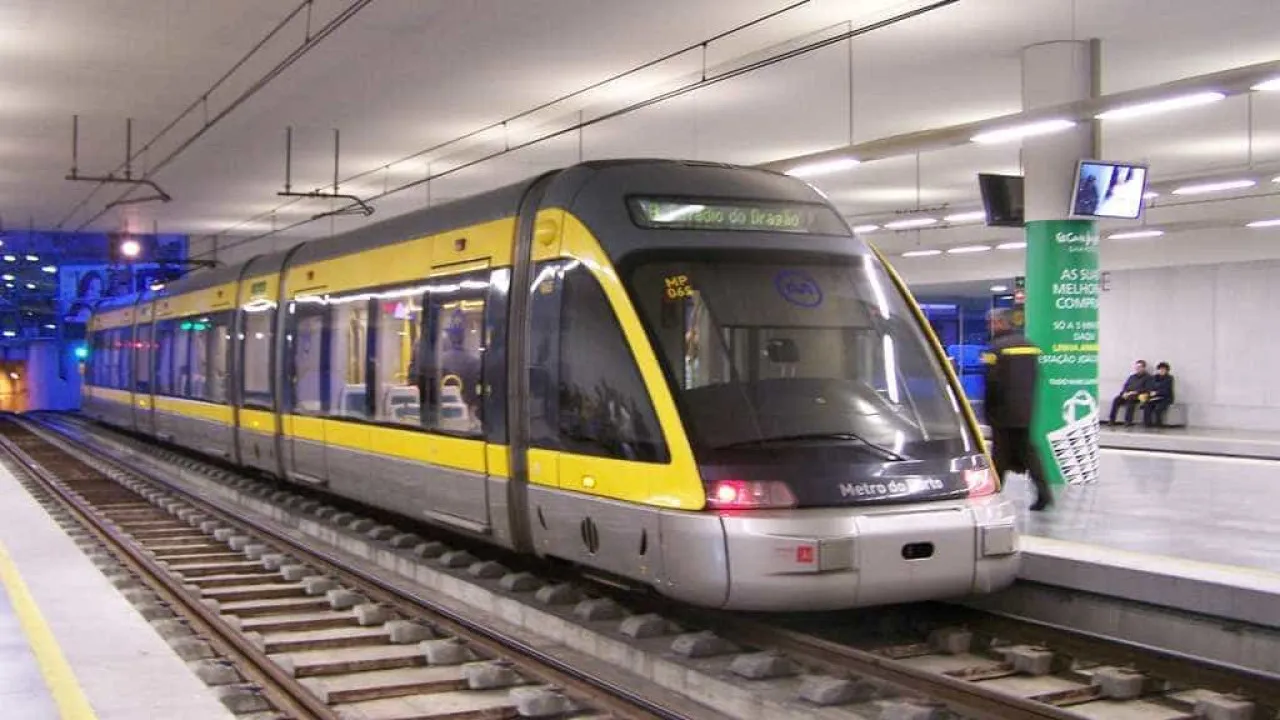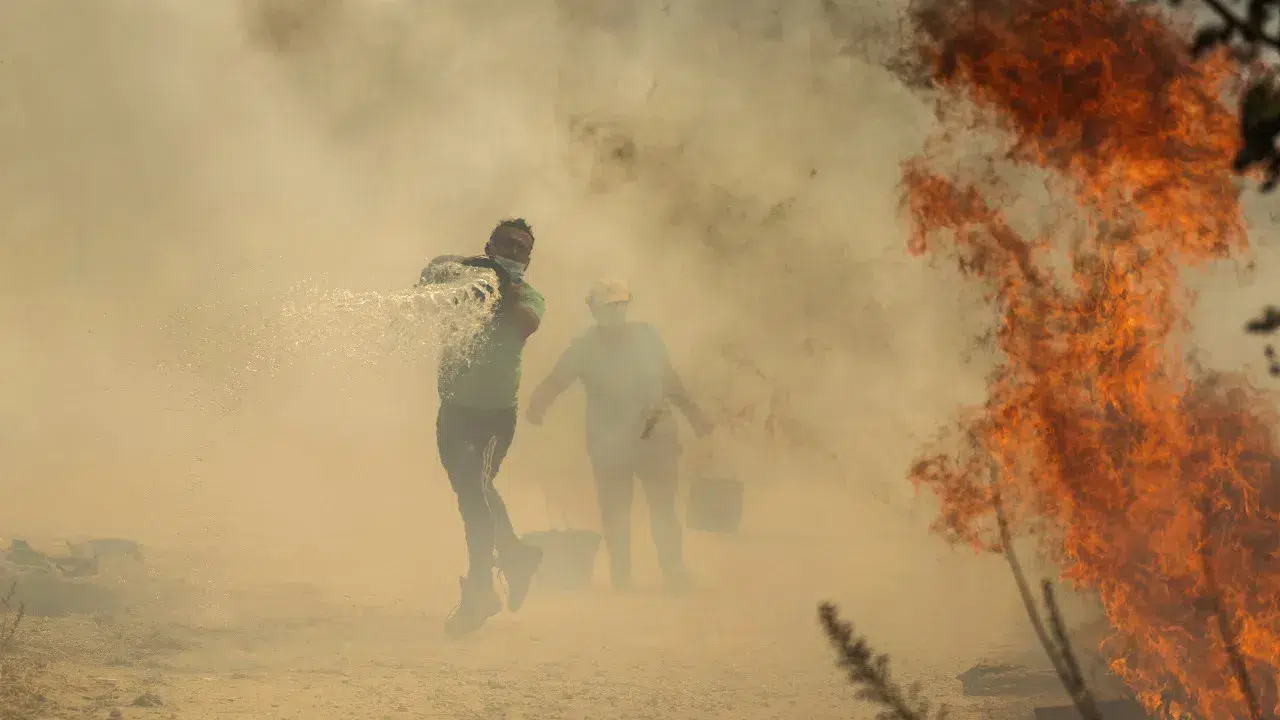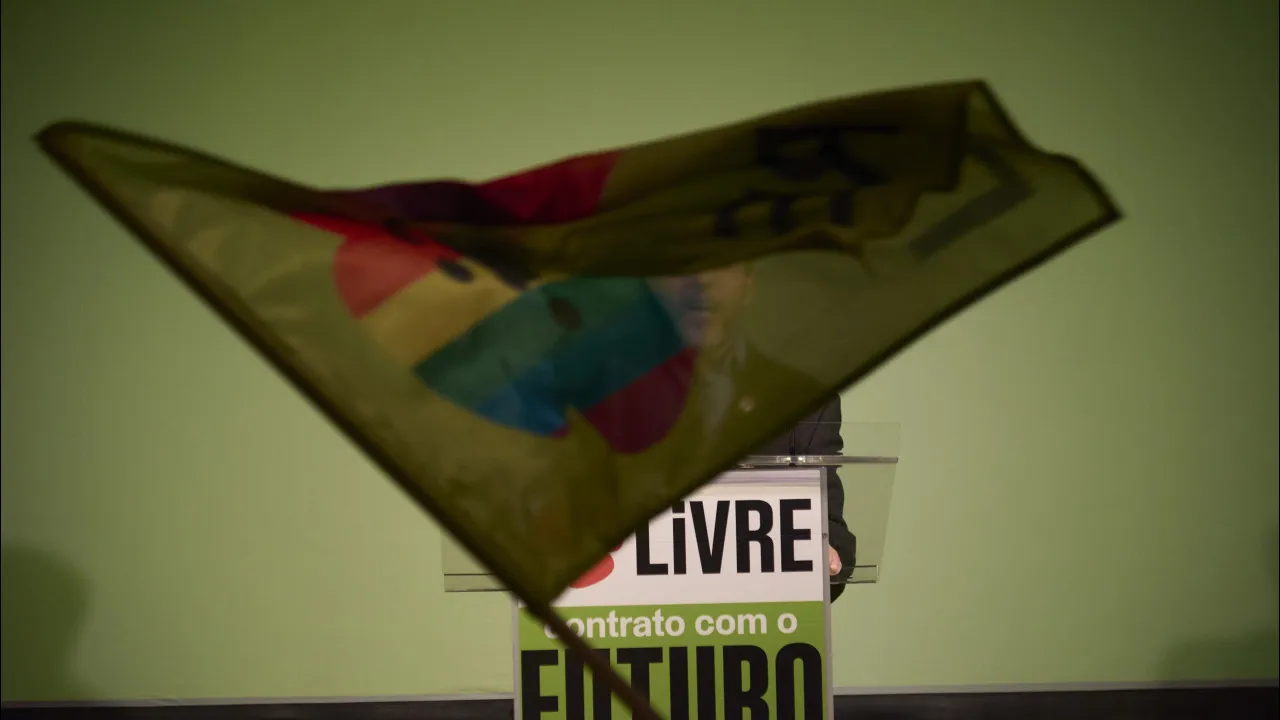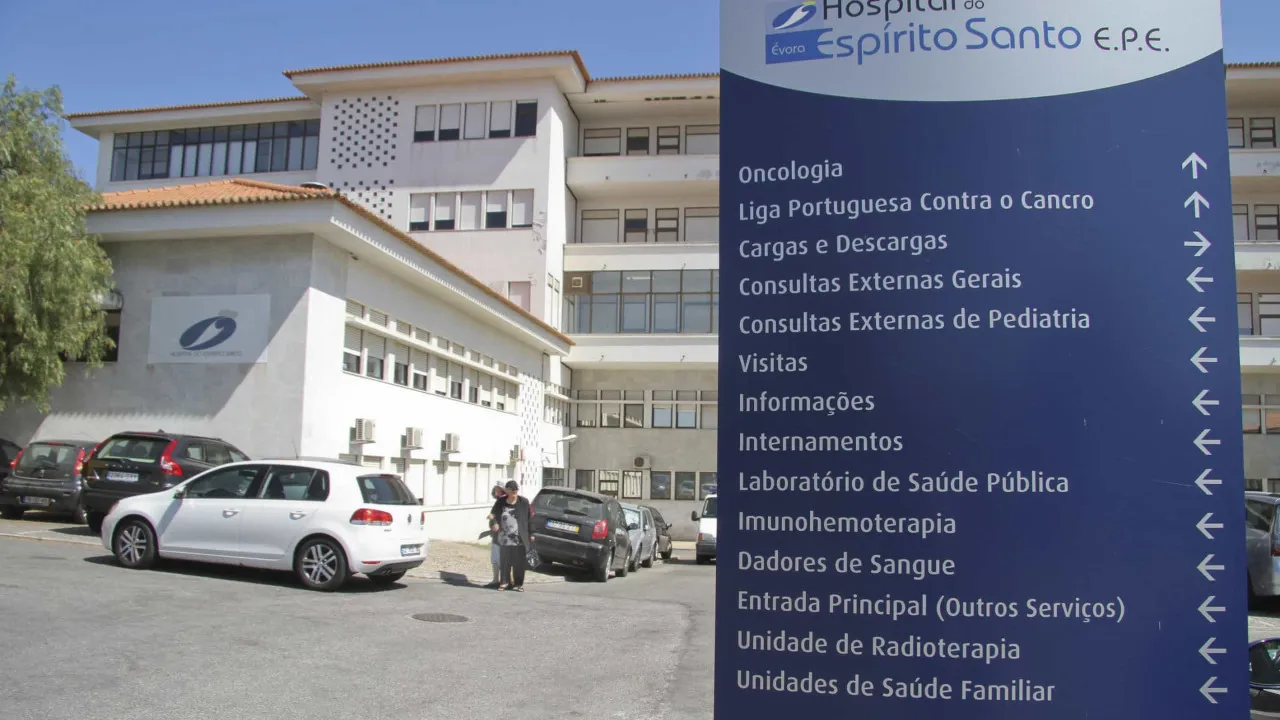
Public tenders for the Metro do Porto connections to Gondomar and the BRT (metrobus) to Trofa are expected to launch in the first quarter of 2026, with environmental reviews to be submitted in the coming weeks, according to the company president.
“In the first quarter of 2026, the company will be in a position to launch tenders for the construction of these two projects,” said Tiago Braga, president of Metro do Porto, in an interview, who is set to leave his position in the coming weeks.
He mentioned that preliminary studies are being completed “to submit them for Environmental Impact Assessment (EIA) now during August, early September,” at which point “everything will be concluded” to then obtain the Environmental Impact Declarations (DIA).
Reflecting on the six years he led the company (2019-2025), Tiago Braga mentioned the “around 1.700 million euros” in the current investment cycle for Metro do Porto, which are not yet fully “in physical execution.”
He listed projects like “the [extension of the] Yellow line, the Pink line, the BRT [Bus Rapid Transit, commonly known as metrobus], the Ruby line, the Trofa line [in metrobus], the Gondomar line, studies for the Maia II line, the São Mamede [de Infesta, Matosinhos] line, continuation of the Pink line to Asprela, the PMO [Material and Workshops Park] in Vilar de Andorinho, or the new headquarters,” which “cannot be undervalued.”
“I view these six years always with a very critical spirit, trying to identify what did not go so well,” he states, but considers it would be “disrespectful to the thousands of technicians” involved to say that the period “did not go well and was a failure.”
Regarding one of the current works, the Ruby Line “is progressing as planned,” despite “some issues with the bridge,” where some parts of the bridge deck over the Douro River will be visible by the end of summer, with plans to open the line to circulation by the end of 2026, separately in Gaia and Porto, still without crossing.
Tiago Braga also said that the extension of Metro do Porto’s sub-concession until March 2027 was “a management decision by Metro do Porto,” rejecting any favoritism towards the current operator, ViaPorto, part of the Barraqueiro group.
“We didn’t want, simultaneously with the inauguration of the lines, to occur the change of sub-concessionaire” and “add risk,” as a new line “requires significant interaction with sub-concessionaires, from hiring and training teams to having available drivers and technicians for integrated and dynamic tests, and availability for signaling and ‘gabarit’ tests,” he explained.
Concerning the metrobus solution for Trofa, rejected by movements in the region, he acknowledged that the “operational rationality” and the quality of service provided to passengers might be affected by the metro going only to Muro, requiring a change to metrobus for the remaining journey, but stated that “this is what ensures the sustainability of the service.”
“Without positive economic net present values, there is no funding,” he emphasized, when asked about the fit of the economic-financial studies with the European Union’s requirements for funding the projects.
Tiago Braga also mentioned that there are still no assured funds for the São Mamede and Maia II lines (which could be metro or metrobus), and when asked if there could be a temptation to first complete Porto’s circular line, he said that while that line “always makes sense,” “there is room to secure resources” for financing everything after 2030.
He also noted that in the case of integrating the future São Mamede line with the Leixões railway line, reopened to passengers in February, coordination with CP is not happening “with the intensity and regularity it should.”
“There should be an entity, which seems to be TMP [Transportes Metropolitanos do Porto] – and that is why I strongly advocated for TMP’s existence – that can acquire competencies not only in road transport but in the transportation ecosystem,” including “rail, light rail, scooters, bicycles,” as well as parking and “intermodal station or terminal centers.”
He added that with the new validators installed, he is waiting for TMP to implement contactless bank card payments across the metro network (currently possible only at some stations), preferring to do it for the entire Andante system, but “if the global solution takes too long,” Metro do Porto will proceed alone.
To replace Tiago Braga, the Government intends to appoint the rector of the University of Trás-os-Montes and Alto Douro (UTAD), Emídio Gomes, as the next president of Metro do Porto, with the decision already approved by the Porto Metropolitan Area (AMP) in July.




